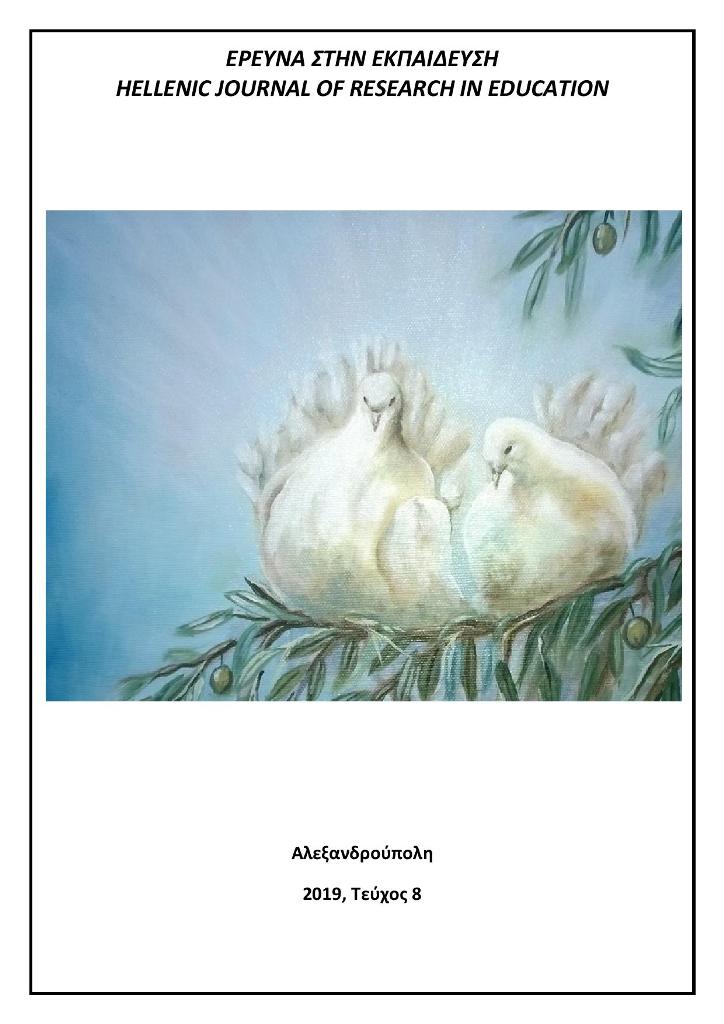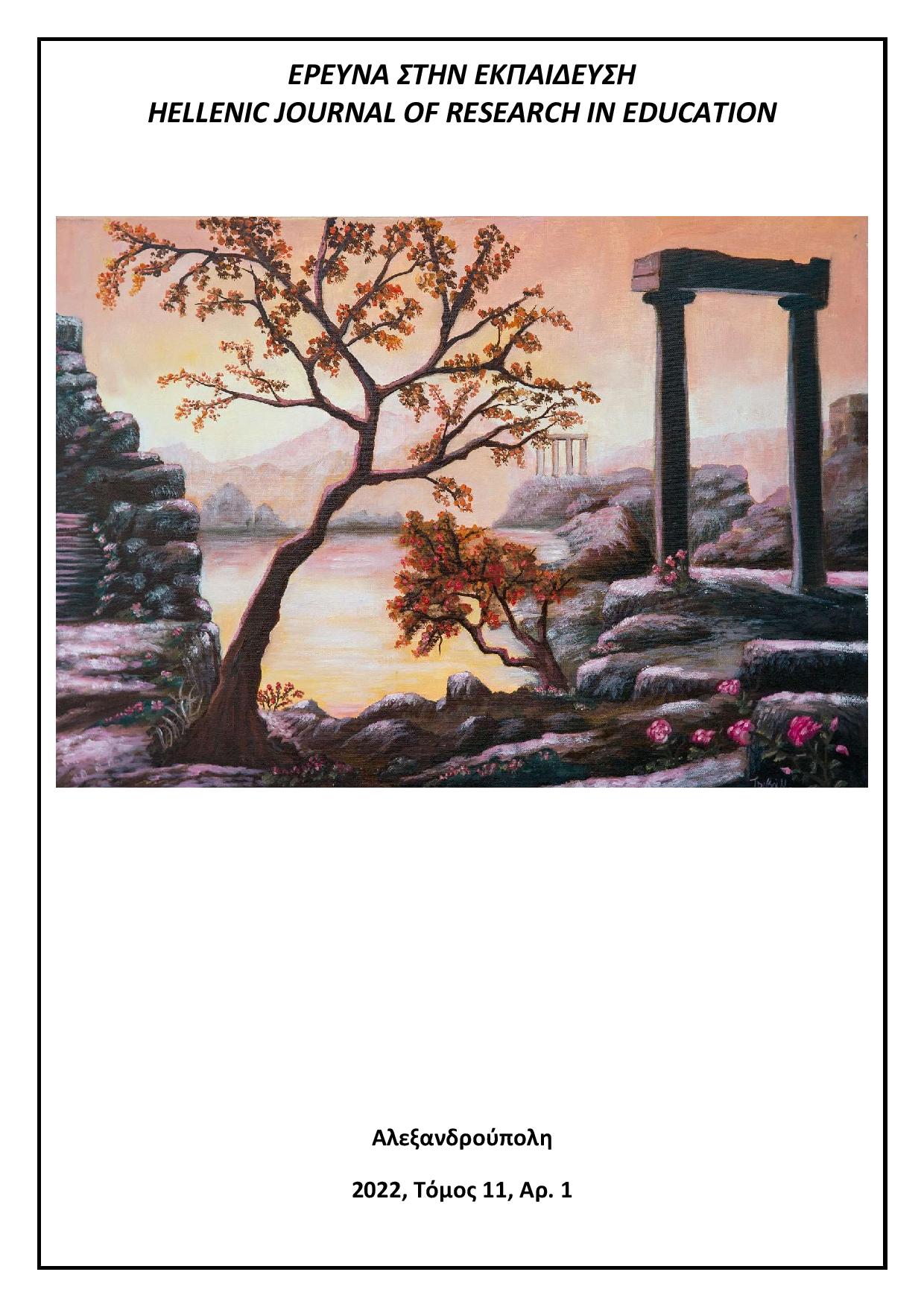The contribution of mentoring in favor of pre-service teachers' personal and professional development

Abstract
A mentor guides, encourages and supports his/her mentee (protégé). A mentor can be found in many domains of social and professional life and education is one of them. Mentor constitutes an institution which was legislated for supporting newly hired teachers in Greece. Mentoring has been extensively studied with reference to the relationship between a mentor and a new teacher. However, the importance of mentoring in undergraduate studies cannot be underestimated. Pre-service teachers need a mentor in favor of their personal and educational development. During the academic year 2017-2018, 64 senior students of the Department of Primary Education of University of Patras were requested to reflect on the contribution of the laboratories of their Internship Program, by the time this was completed, in the context of the laboratories the evaluation, as a feedback to students’ participation. Through this research question and conducting qualitative data analysis, it was found that the supervisor of the laboratories greatly contributed to students’ personal and professional development. This contribution seemed to exist because the supervisor functioned as a mentor. Important aspects of his mentoring can be identified in students’ answers. The present study attempts to highlight the importance of mentoring in undergraduate studies as well as the importance of further investigation of this kind of mentoring. Suggestions for future research are also presented.
Article Details
- How to Cite
-
Βλάχου Ε., & Μάνεσης Ν. (2019). The contribution of mentoring in favor of pre-service teachers’ personal and professional development. Hellenic Journal of Research in Education, 8(1), 77–91. https://doi.org/10.12681/hjre.20495
- Issue
- Vol. 8 No. 1 (2019)
- Section
- Articles

This work is licensed under a Creative Commons Attribution-NonCommercial-ShareAlike 4.0 International License.
Authors who publish with this journal agree to the following terms:
- Authors retain copyright and grant the journal right of first publication with the work simultaneously licensed under a CC-BY-NC-SA that allows others to share the work with an acknowledgement of the work's authorship and initial publication in this journal.
- Authors are able to enter into separate, additional contractual arrangements for the non-exclusive distribution of the journal's published version of the work (e.g. post it to an institutional repository or publish it in a book), with an acknowledgement of its initial publication in this journal.
- Authors are permitted and encouraged to post their work online (preferably in institutional repositories or on their website) prior to and during the submission process, as it can lead to productive exchanges, as well as earlier and greater citation of published work (See The Effect of Open Access).




